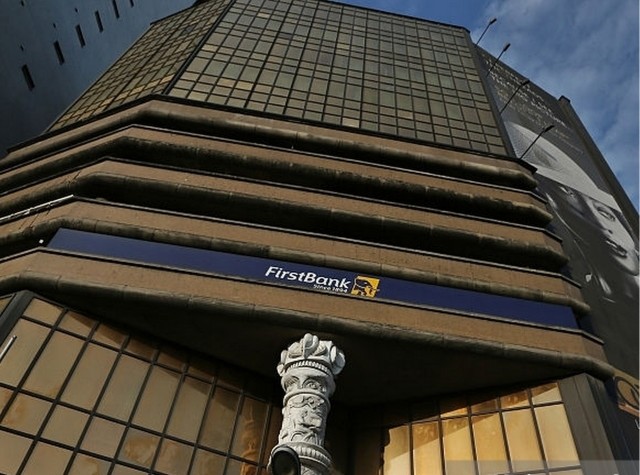FBN Holdings’ H1 profit slides on huge NPLs, impairment charges

Financial performance of FBN Holdings Plc tumbled in the half year ended June 30, 2017 hammered by more than ₦491 billion Non-Performing Loans (NPLs) and ₦62.4 billion impairment charge for credit losses.
This implies that over ₦100 billion that otherwise would have accrued to shareholders in profits was lost in the course of the year.
Though gross earnings rose 7.8 per cent (year-on-year) to ₦288.8 billion as against ₦267.9 billion in June 2016, profit after tax came down at ₦29.5 billion, 17.8 per cent lower than ₦35.9 billion recorded in corresponding half year period in 2016.
Other performance indicators showed that the first generation lender is still struggling in several areas despite assurances by its Group Managing Director and Chief Executive Officer, Mr. UK Eke, that the huge NPLs with the impairment charges would be resolved by end of last June.
During the facts behind the figures presentation recently at the Nigerian Stock Exchange (NSE), Eke told the capital market community and equity investors that his management team was taking steps to clean up the huge NPLs and return the bank to the path of profitability.
However, the unaudited financial result presented to the NSE on Thursday gave no indication that succour was ahead for investors. The financial report showed a sharp decline in non-interest income, which stood at ₦50.5 billion, down 46.3 per cent year-on-year from ₦94.1 billion in June 2016.
While operating income shrank by 2.6 per cent to ₦214.4 billion, from ₦220.1 billion in June last year as operating expenses soared sharply to ₦116.6 billion, 11.8 per cent higher than ₦104.3 billion recorded in June last year. Customer deposits also fell 3.5 per cent in the six months period, from ₦3.1 trillion as of December 2016 to ₦3 trillion last June.
A 30.2 per cent increase in net-interest income (year-on-year) to ₦164.1 billion, up from ₦126.1 billion in June last year, underscored rising appetite for credit risks despite 4.1 per cent decline in loans and advances to customers, which stood at ₦2.0 trillion, down from ₦2.1 trillion as of December 2016.









0 Comments